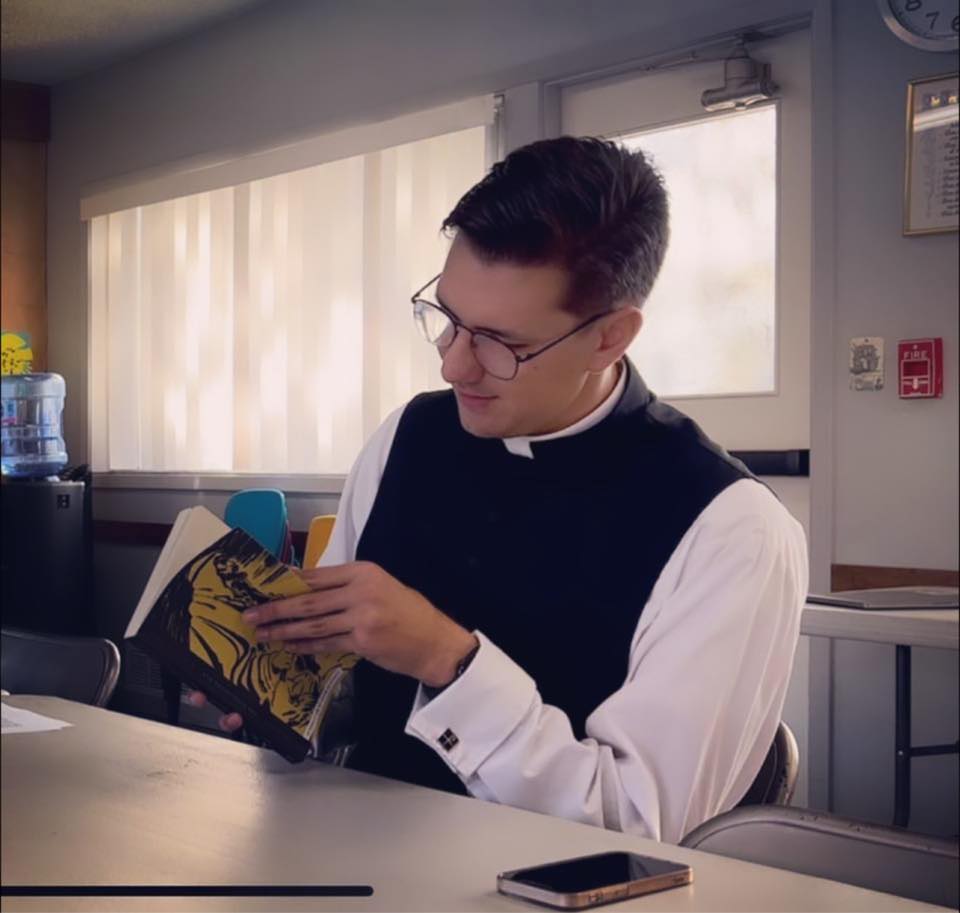I delivered a set of lectures on the Book of Hebrews at the 2023 West Coast Chinese Christian Conference (WCCCC) aboard a Carnival cruise ship on a 4-day trip from Long Beach to Ensenada, Mexico.
I’ve posted the audio I recorded on my phone on our Church’s SermonAudio Page (Saint Paul’s) for the lecture I titled, “Priesthood of All Believers – Flexible Leadership.”
Introduction
We are all priests, but the type of priest we are is best codified in the phrase of the Reformation known as the “priesthood of all believers.” In the Old Testament, the concept of priests is often associated with the Levitical priesthood—the tribe of the 12 sons charged with the care of the tabernacle and temple, responsible for offering sacrifices. The common perception is of priests in the Kohen sense, those who offer sacrifices.
However, with the advent of Jesus Christ and the fulfillment of the awaited sacrifice, a question arises: How do we, as believers, continue to function as priests? How do we offer sacrifices when the ultimate sacrifice has already been made? This is a topic we will delve into.
Sacrificial Leadership and Its Connection to General Leadership
Beyond the traditional view of priests as those responsible for sacrificial rituals, we will explore the broader concept of sacrificial leadership. Priestly leadership, as established by God in the Old Testament, goes beyond merely overseeing the offering of sacrifices; it encompasses a more profound role.
Contrary to common perception, the priest is not solely a religious figure. This assertion might sound counterintuitive, given that priests live around the temple and seemingly revolve around religious duties. However, we’ll challenge this assumption by examining the scriptural role of priests and drawing parallels to the lives of contemporary Christians.



Leave a Reply